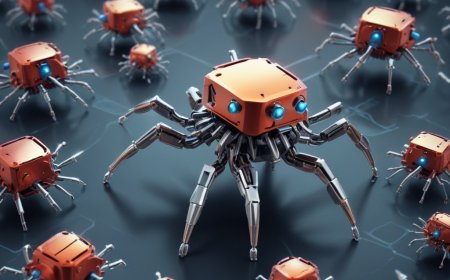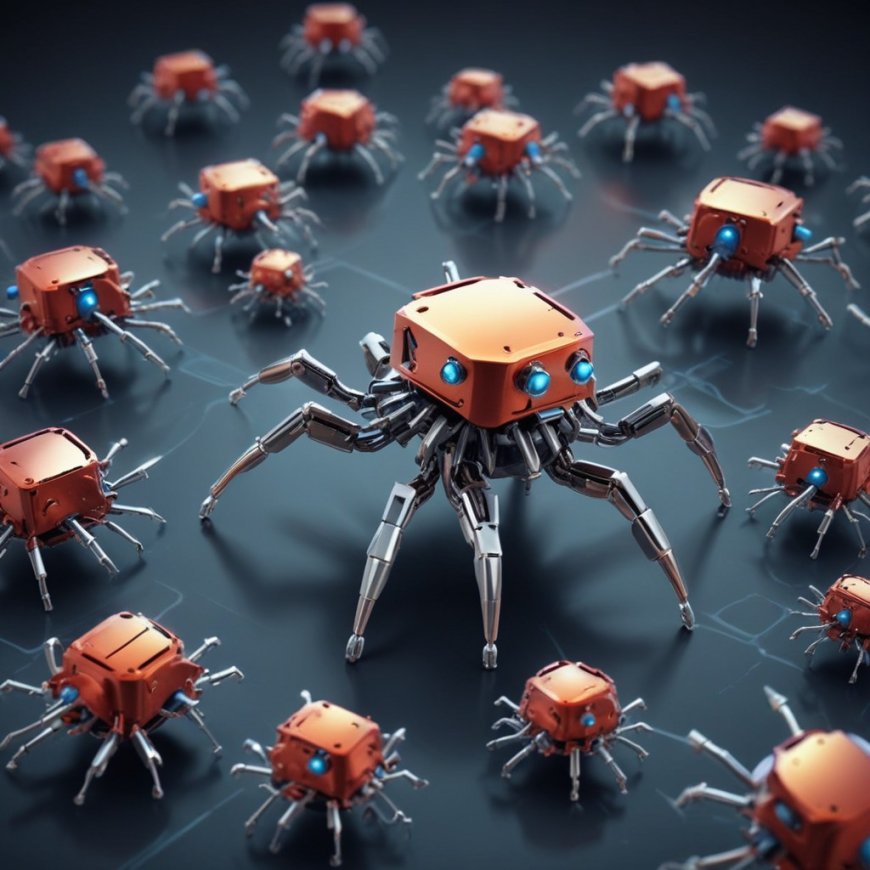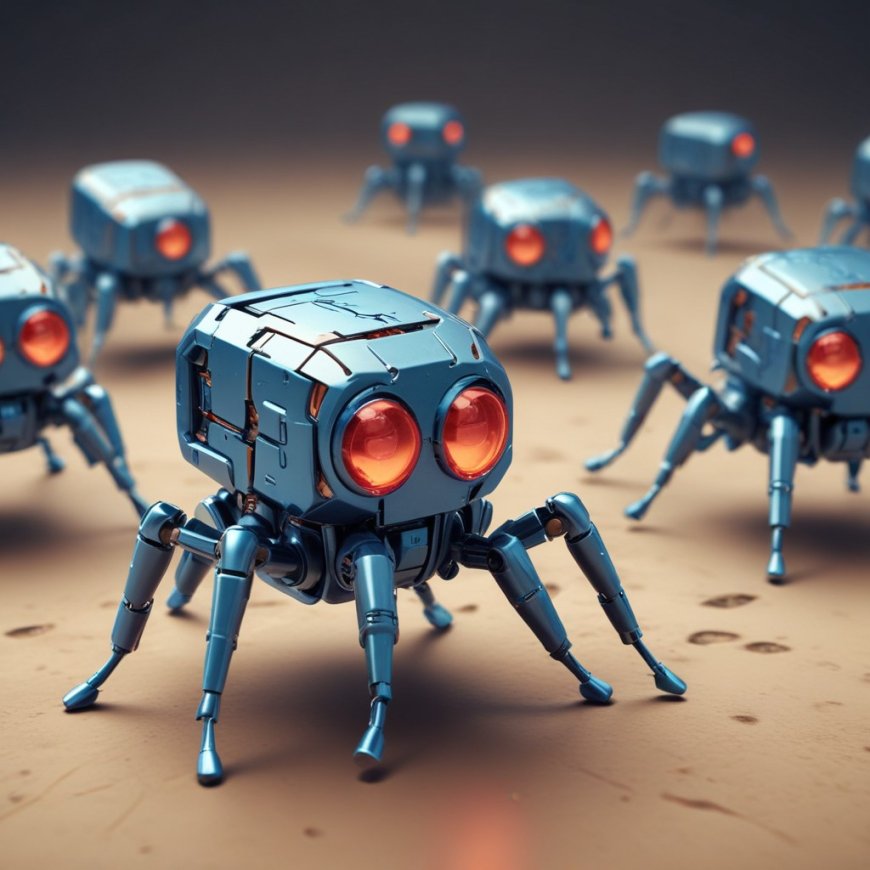The Future of Nanobots: Transforming Medicine, Engineering, and Environmental Science
Discover the transformative potential of nanobots in medicine, engineering, and environmental science. Explore their applications, challenges, and the future prospects of this revolutionary technology.
Introduction: Nanobots, or nanorobots, represent a revolutionary technology poised to impact various fields, particularly medicine, engineering, and environmental science. Operating at the nanoscale (1 to 100 nanometers), these tiny machines promise unprecedented advancements, from targeted drug delivery to environmental cleanup. However, their development also presents significant technical and ethical challenges.
Medical Applications:
-
Targeted Drug Delivery: Nanobots can navigate through the bloodstream to deliver drugs directly to diseased cells, reducing side effects and improving the efficacy of treatments. This precision medicine approach enhances patient outcomes by ensuring medications act precisely where needed.
-
Cancer Treatment: By transporting chemotherapy drugs exclusively to cancer cells, nanobots can minimize damage to healthy tissues. This targeted delivery method not only enhances the effectiveness of cancer treatments but also significantly reduces the debilitating side effects associated with traditional chemotherapy.
-
Surgical Procedures: Nanobots can perform minimally invasive surgeries, capable of repairing tissues or removing blockages without large incisions. This innovation could revolutionize surgical practices, reducing recovery times and improving patient outcomes.
-
Diagnostics: These tiny machines can be engineered to detect biomarkers or monitor physiological conditions within the body, allowing for early disease detection and more precise diagnostics. Early intervention can be lifesaving, making this application particularly promising.
Engineering and Environmental Applications:
-
Manufacturing: Nanobots can construct intricate and precise structures at the nanoscale, beneficial in electronics and materials science. This capability could lead to significant advancements in the development of microelectronics and nanomaterials, enhancing the performance and efficiency of various products.
-
Environmental Cleanup: Designed to detect and neutralize pollutants, nanobots can clean water sources or break down toxic substances. This application is crucial for addressing environmental pollution, offering a sustainable solution to some of the most pressing ecological challenges.
Challenges and Ethical Considerations:
-
Technical Challenges: Developing nanobots that can operate effectively at the nanoscale while maintaining power and control is a significant hurdle. Researchers are working on creating robust and efficient designs that can function reliably in complex environments.
-
Safety: Ensuring the biocompatibility and safety of nanobots within the human body or the environment is crucial. Unintended harm must be prevented, necessitating rigorous testing and validation processes to confirm their safety for medical and environmental applications.
-
Ethical Issues: The deployment of nanobots raises ethical questions regarding privacy, surveillance, and potential misuse in military or malicious applications. It is essential to establish regulatory frameworks and ethical guidelines to govern their use and ensure they are employed responsibly.
Future Prospects: The field of nanorobotics is still in its infancy, with ongoing research aimed at overcoming current limitations. Advances in materials science, biotechnology, and computer science are expected to drive significant progress, making nanobots more feasible and practical for a wide range of applications.
Nanobots hold great promise for revolutionizing many aspects of technology and medicine, offering solutions that were once considered the realm of science fiction. However, addressing the technical, safety, and ethical challenges is crucial to realizing their full potential responsibly.
What's Your Reaction?















































![[VIDEO]Reunited: 'The Marvels' Set to Soar into Theaters on November 10](https://minscoop.com/uploads/images/202311/image_430x256_654a7a66d0fcf.jpg)















